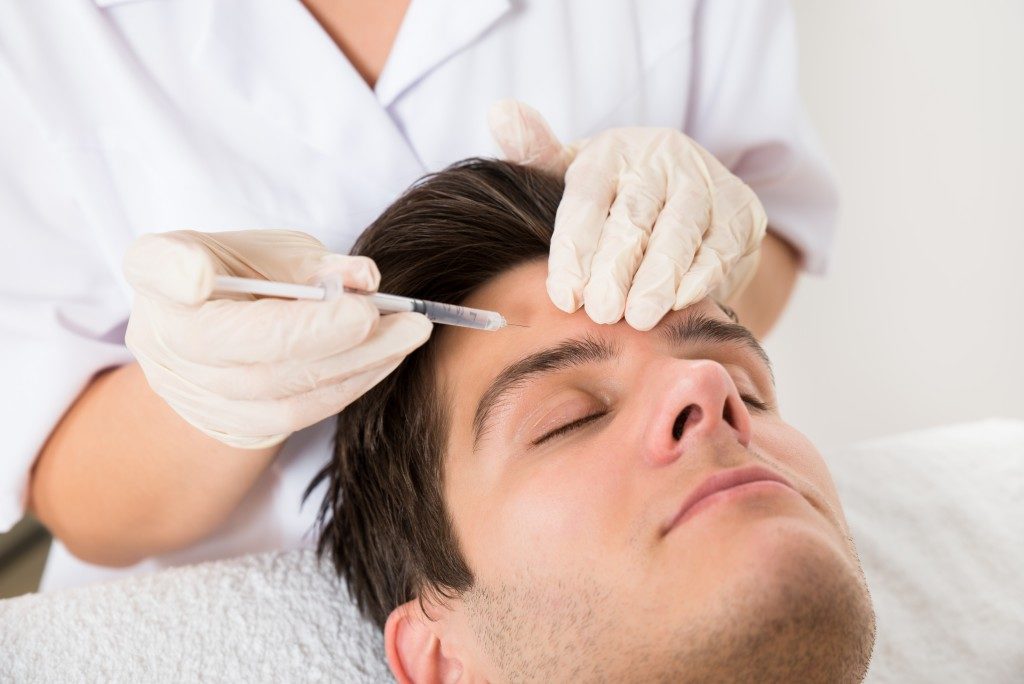Oral health is one of the most important aspects of a child’s overall health. Not only is it necessary for good dental hygiene, but oral health can also significantly impact a child’s development and overall well-being. It’s essential to start taking care of your children’s oral health as early as possible – even before they have teeth! – to avoid problems later on.
Here are some tips for taking care of your children’s oral health.
1. Brush their teeth regularly.
As soon as your child’s first tooth comes in, it would be best if you started brushing it with a soft-bristled toothbrush. When they have a few teeth, you can start using toothpaste. Be sure to use a pea-sized amount of toothpaste and help them brush all of their teeth, including those in the back. As they get older, they can brush their teeth on their own. But it’s still a good idea to help them brush until they are at least six years old.
Some dentists recommend using a fluoride toothpaste for children, especially if they are at high risk for cavities. Fluoride is a mineral that helps prevent cavities. You can ask your dentist if fluoride toothpaste is right for your child.
2. Floss their teeth daily.
Many adults don’t floss regularly, but it’s important to start flossing your child’s teeth as soon as they have two teeth that touch. You can use regular floss or child-sized flossers. Be careful not to snap the floss into their gums. Gently move the floss up and down between their teeth.
Your child can start flossing on their own when they can tie their shoes. But you should still help them until they are at least six years old. Some children may need help flossing their teeth until they are ten years old or older.
3. Take them to the dentist regularly.
It would be best to take your child to the dentist when they are one year old or within six months after their first tooth comes in. After that, you should take them to the dentist every six months for a checkup and cleaning. During these visits, the dentist will check their teeth and gums for any problems. They will also clean their teeth and teach you how to best take care of them.
After a certain age, your dentist can recommend various treatments to help your child have a beautiful smile. For example, your child may qualify for a teeth whitening procedure in their teenage years. This is a simple and effective way to brighten teeth that have been stained by food, drink, or tobacco. Your dentist can also recommend braces at this time to improve the alignment of teeth.

4. Limit sugary drinks and snacks.
Children love sweet things, but they can cause various problems in dental health. Limiting these foods and beverages is essential, especially if your child is at high risk for cavities. Water is the best drink for your child’s teeth and overall health. You want your child to drink water throughout the day, especially after meals.
Instead of sugary snacks and drinks, give your child healthy snacks like fruits and vegetables. These are not only good for their teeth but also their overall health. Feeding your child a healthy diet will help them avoid cavities and other problems with their teeth.
5. Don’t smoke around your children.
One of the worst things you can do for your child’s oral health is smoke around them. Smoking increases the risk of cavities, gum disease, and other problems. It’s also a leading cause of bad breath. If you smoke, it’s essential to quit for your child’s health. You don’t want them to develop the same habits as you.
If you cannot stop smoking, you must at least avoid smoking around your children. It would be best if you also taught your child not to smoke. This is one of the best things you can do for their overall health.
6. Prevent them from eating too many hard foods.
Hard foods can damage teeth, especially if your child has a tooth that is already weakened. Avoid giving your child hard candy, nuts, and ice. Instead, give them soft foods that are easy to chew. If you give them hard foods, make sure they are cut into small pieces.
You can also help prevent tooth damage by having your child wear a mouthguard when they play sports. A mouthguard will protect their teeth from being knocked out or broken. Some mouthguards can also help prevent concussions. Ask your dentist about the best mouthguard for your child.
Taking care of your child’s oral health is vital to avoid problems later. These steps will help you get started. Remember to take them to the dentist regularly and brush their teeth twice daily. If you have any questions, be sure to ask your dentist. They can help you create a plan that is right for your child.









